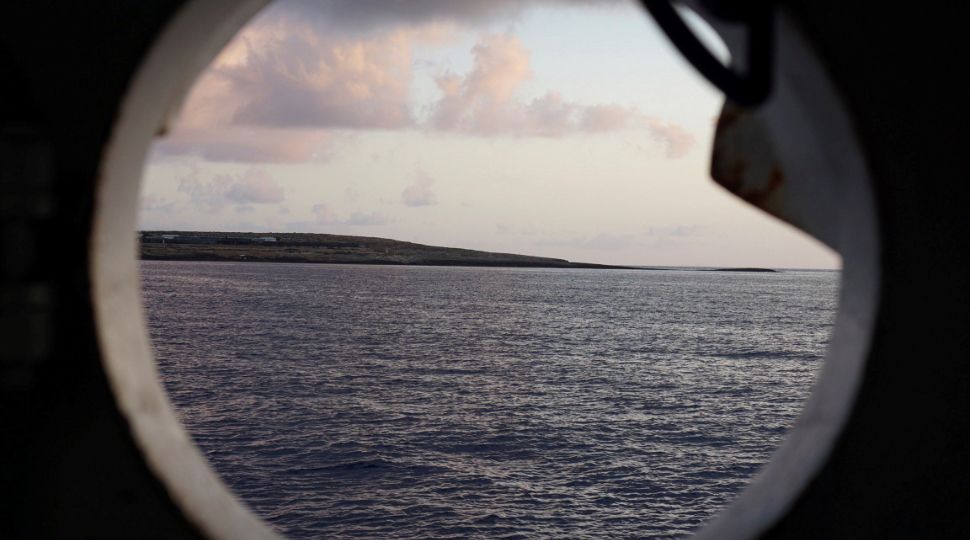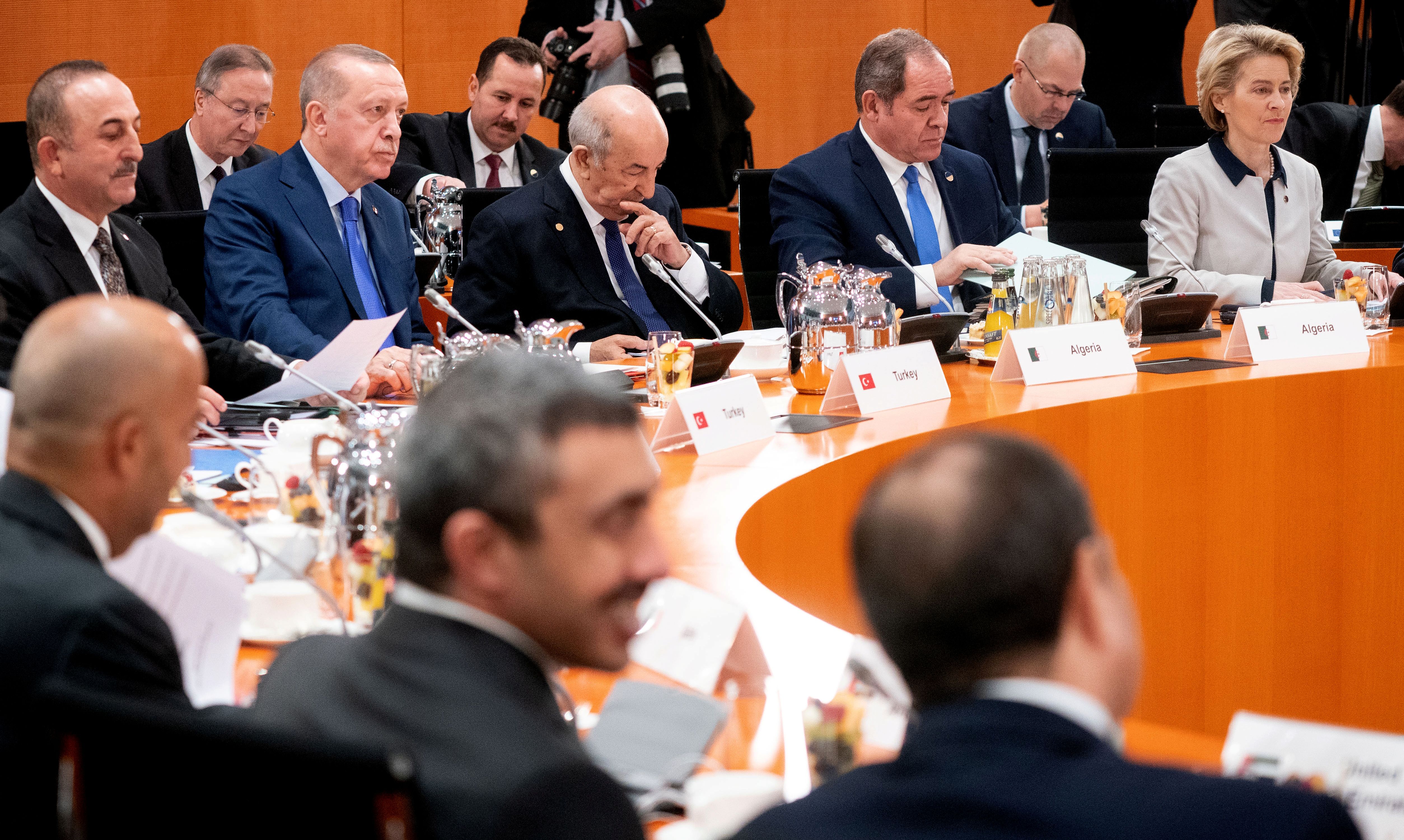Greece’s Eastern Mediterranean Policy

Greece’s Interests in the Eastern Mediterranean
The country is still in economic recovery after the crisis of 2008-2013 when Greece’s GDP dropped—in just 2011, by 9.1%—and its public debt increased from 109% to 177% of GDP, as unemployment increased from 8% to 27.5%. EU aid and the government’s economic policy in 2015–2019 led to budget surpluses and 2.3% GDP growth in 2019. However, unemployment and public debt are still high at 16.6% and 178% of GDP, respectively. According to the government, lasting economic improvement will be achieved by the transformation of the country into an energy hub providing gas and oil to other European states. The Trans-Adriatic Pipeline (TAP), which is transporting gas from Azerbaijan through Greece to Italy as a branch of the Trans-Anatolian gas pipeline (TANAP), will go into service in 2020. The construction of the Poseidon interconnector connecting the Apennine Peninsula with two other pipelines—TurkStream from Russia (opened in January) and the planned EastMed from Israel—is also underway. From 2022 an LNG terminal will be operating in Alexandroupolis that will be receiving vessels from the U.S. Since 2015, the construction of a connection between the port and Bulgaria and the Western Balkans is in progress. Moreover, energy companies Total, Exxon Mobil, ENI and others are exploring hydrocarbon fields in the Ionian Sea and near Crete.
Greece’s main political goal is to increase control over areas around Cyprus and islands in the Aegean Sea. Since 1993, Greece and Cyprus (Republic of Cyprus) have had a “joint defence doctrine”, according to which any attempt to annex the internationally unrecognized Turkish Republic of Northern Cyprus (TRNC) into Turkey will meet a Greek reaction. The agreement is in response to the stationing of 30,000 Turkish soldiers in the TRNC. Greece also wants to extend its territorial sea zone around islands in the Aegean Sea from 6 to 12 maritime miles. Turkey is against this. Greece’s claims are compatible with the UN Convention on the Law of the Sea of 1982. However, Greece is a party to the convention and Turkey isn’t.
Another priority of the Greek government is to prevent irregular migration. Greece is a key part of the Eastern Mediterranean and Western Balkans human migration routes. In 2015–2019, more than 2.5 million migrants from Africa and the Middle East used those routes to enter the EU. After Bulgaria, Albania, and Northern Macedonia closed their borders with Greece in 2016 and the other EU Member States declined to participate in the relocation of migrants, Greece was forced to take them in and deal with them. The overpopulated camps have generated high costs and social discontent. According to the Autumn 2019 Eurobarometer, 47% of Greeks indicated immigration as the main problem in the country.
Turkey’s Reaction
Greece’s territorial disputes with Turkey have made it difficult for the former to start the exploitation of natural resources. Both countries vie for access to the same gas and oil fields in the Aegean Sea and along the Cyprus coast. Another problem is an agreement signed in November 2019 by Turkey and Libya (Government of National Accord), which Turkey uses as the basis for conducting resource exploration and as a reference point for future negotiations on jurisdiction over the area. The deal is incompatible with the 1982 UN Convention on the Law of the Sea and violates the sovereignty of Greece, Cyprus, and Egypt by dividing the Eastern Mediterranean between only Turkey and Libya. Moreover, in May and June 2019, Turkey started to explore along the northern coast of Cyprus based on a TRNC license.
Turkey’s policy towards Greece is one of confrontation. In December 2017, during his visit to Athens, Turkish President Recep Tayyip Erdoğan demanded to re-negotiate the Lausanne Treaty, which settled the issue of the border the countries. In 2018, a Turkish warship rammed a Greek coast guard vessel near the uninhabited islets of Imia. This area has been subject to both countries’ claims because of the possibility of deploying military installations there and access to the marine resources around them. In 1987 and 1996 the islets were the focus of confrontations in Greek-Turkish relations, ended as a result of American mediation. In recent years, the number of violations of Greek airspace by Turkish aircraft has increased—3,317 in 2017, 3,705 in 2018, and 4,811 in 2019. Moreover, Turkey is planning to build a military naval base in the TRNC despite attempts ongoing since June 2019 to sign an agreement on confidence-building and security measures between Turkey and Greece. Additionally, on 27 February, Turkey stated that the country will no longer deter refugees at its borders with Greece and threatened to suspend the migration deal it signed with the EU in 2016, which led to an attempt by more than 10,000 migrants to enter Greece over just a few days.
Greece’s Instruments
Greece is using membership in the EU to exert pressure on Turkey. As a response to the Turkish mining along the coast of Cyprus (TRNC), on 11 November 2019, the European Council suspended high-level EU-Turkey meetings and negotiations on a comprehensive agreement on air transport. A list of people and companies involved in the mining that would be banned from travelling to the EU and their assets subject to freezing also has been drawn up, but the Council has not established a deadline for the implementation of sanctions. In turn, the conclusion of the Turkish-Libyan agreement on the settlement of temporary jurisdiction of the maritime areas was condemned by the EU Foreign Affairs Council on 9 December 2019.
Collaboration with the U.S. is important for Greece to secure its interests. The majority of gas infrastructure investments have led to a decrease in EU energy dependence on Russia, which is crucial not only for Europe but also for U.S. interests. Moreover, the Americans and Greeks are strengthening their security relations. The Eastern Mediterranean Security and Energy Partnership Act of 2019, adopted by the U.S. Congress on 19 December 2019, assumes an increase in the significance of Greece and Cyprus as U.S. partners. The law abolishes the ban on arms sales to Cyprus, creates the American-Eastern Mediterranean Energy Center—an institution to facilitate energy cooperation between the U.S., Israel, Greece, and Cyprus—and assumes an increase in US military aid to Greece. Both countries also signed a new agreement on military cooperation on 5 October 2019.
The Greek interests are also pursued through regional cooperation. Important platforms for energy and security collaboration are the “Hellenic Triangle”, established in 2011 with Cyprus and Israel, and the Eastern Mediterranean Gas Forum, created in 2019 with Egypt, Cyprus, Israel, Italy, the Palestinian Authority, and Jordan.
Conclusions
Greece’s assumption of the role of leading gas and oil distributor in the EU is an opportunity for it to improve its economic and political situations. However, the aspirations of this country in the Eastern Mediterranean go against Turkey’s ambitions. Pushing their relations into an uncompromising place may lead to adverse consequences for Greece. Turkey may make the construction of the EastMed pipeline difficult, preclude Greek access to gas and oil from the coast of Cyprus, or allow mass migration into Greek territory by withdrawing from the EU migration deal. Support from the U.S., the EU, and the majority of countries in the region will not be enough to persuade Turkey to make concessions towards Greece.
The EU is committed to supporting Greece as a Member State, but exacerbating the dispute with Turkey may preclude a solution to conflicts in the EU’s neighbourhood, for example, in Syria and Libya. That’s why the EU should lead the mediation between Greece and Turkey. In the past, the U.S. has taken the lead, but nowadays, because of tensions in U.S.-European relations and the EU’s aspiration to play an important role in the world, a better mediator might be Germany—a country with strong ties to both Greece and Turkey. Achieving an agreement between the countries would increase the chances of completing gas infrastructure projects that may help the EU—and Poland—to further decrease energy dependence on Russia.





